Course aims
To develop your theoretical understanding of sociological issues and research methods used by sociologists to gather information on human behaviour (e.g. educational achievement, religious beliefs, political ideology).
Entry requirements
You will require a grade 6 or higher in English language and a grade 5 in a humanities subject.
Course content
Year One
Unit 1 – Education with methods in context
Topics include:
- Sociological theories and research methods and their application to the study of different sociological issues
- Education including the difference in achievement between different social groups, sociological theories of education and changes in educational provision in the UK since the 19th century.
Unit 2 – Research methods and family and households
Topics include:
- The different sociological research methods, their strengths and limitations including practical, ethical and theoretical issues
- The family and households including sociological theories of the family, changes in divorce, marriage and cohabitation, changes in family structure, family diversity, single parenthood, single person households, the development of childhood, the change in roles of family members and social policies and their influence on the family.
Year Two
Unit 3 – Social stratification (study of inequality)
Topics include:
- Theories and bases for inequality – how can we explain inequality?
- Dimensions of inequality – how do people experience inequality?
- Problems of defining and measuring social class
- Changes in the structure of inequality
- Social mobility – can individuals improve their status?
Unit 4 – Theories and methods and crime and deviance
Topics include:
- Different sociological research methods, their strengths and limitations including practical, ethical and theoretical issues
- The different sociological theories and sociology as a science
- Crime and deviance including theories of crime, differences in criminal participation between men and women, social classes and ethnic groups and global crime
- Crime statistics and how they are constructed, the differences in levels and types of crime in different areas.
Course assessment
Written examinations.
Materials
Recommended text books to be advised by the tutor.
Progress
Higher Education, work in teaching, probation, police, nursing, social work, human resources and research.

